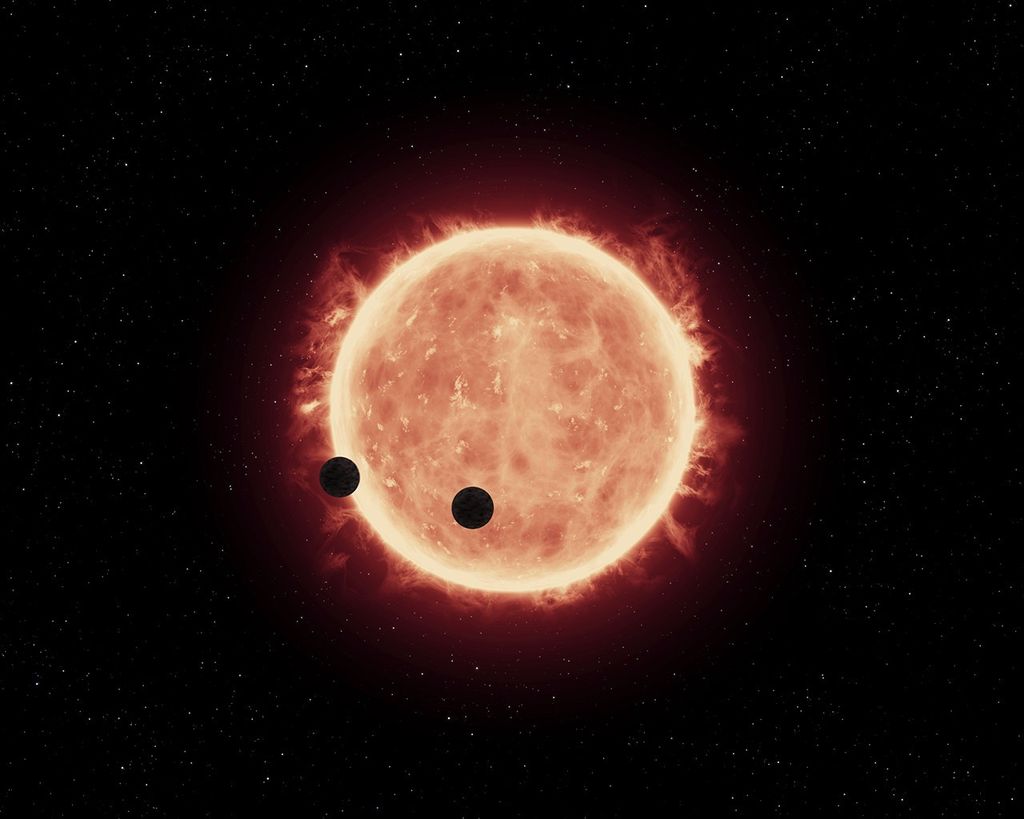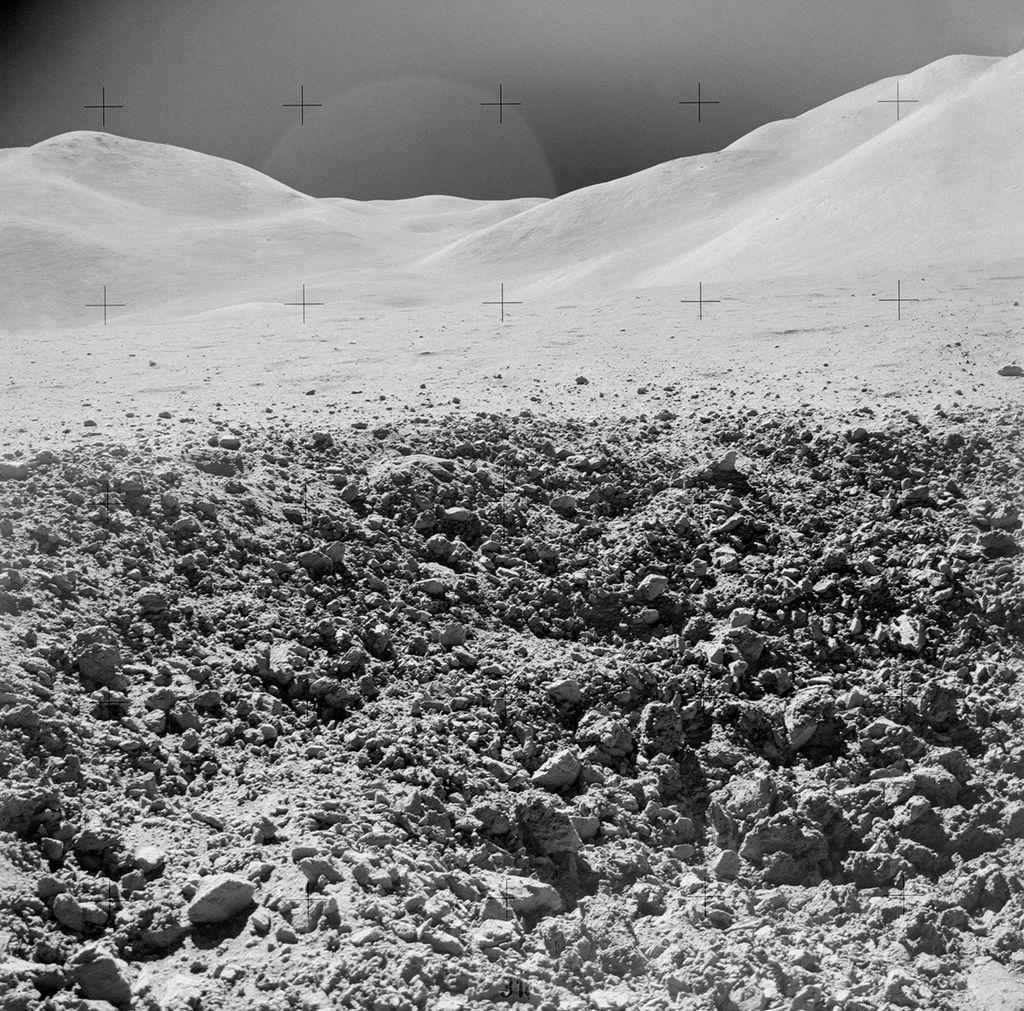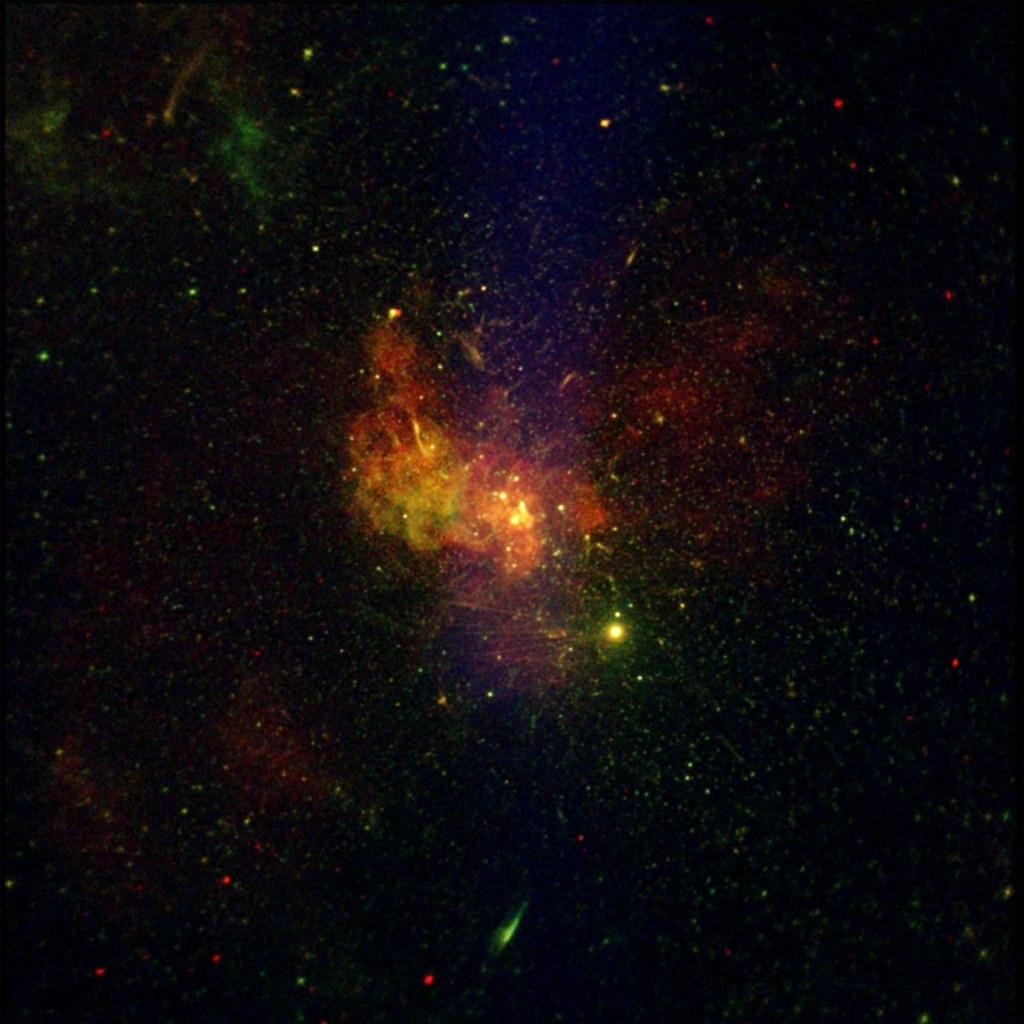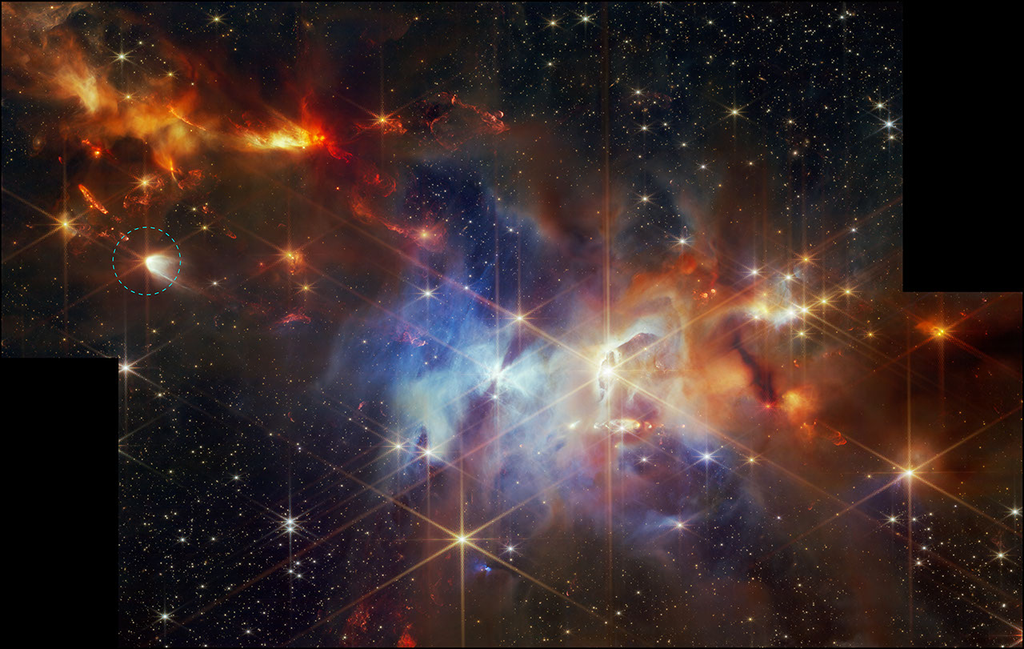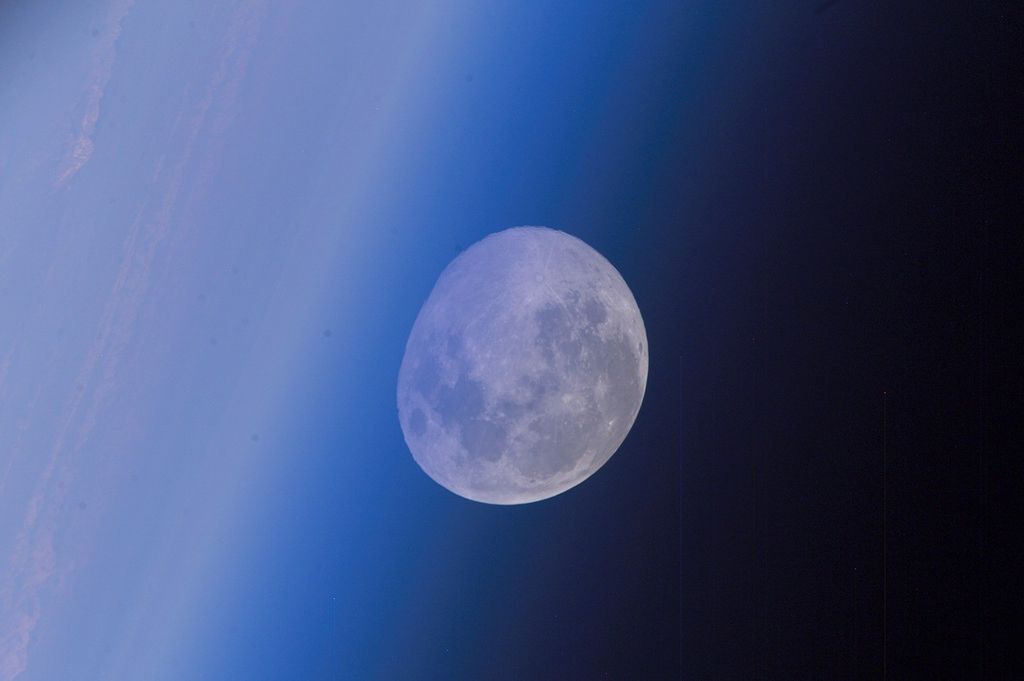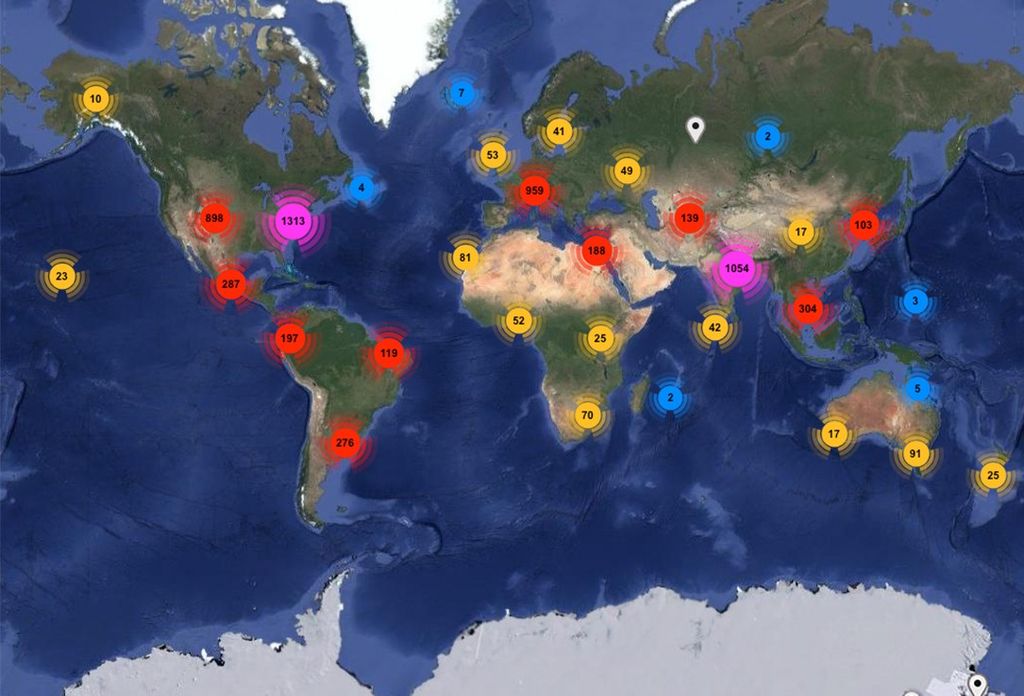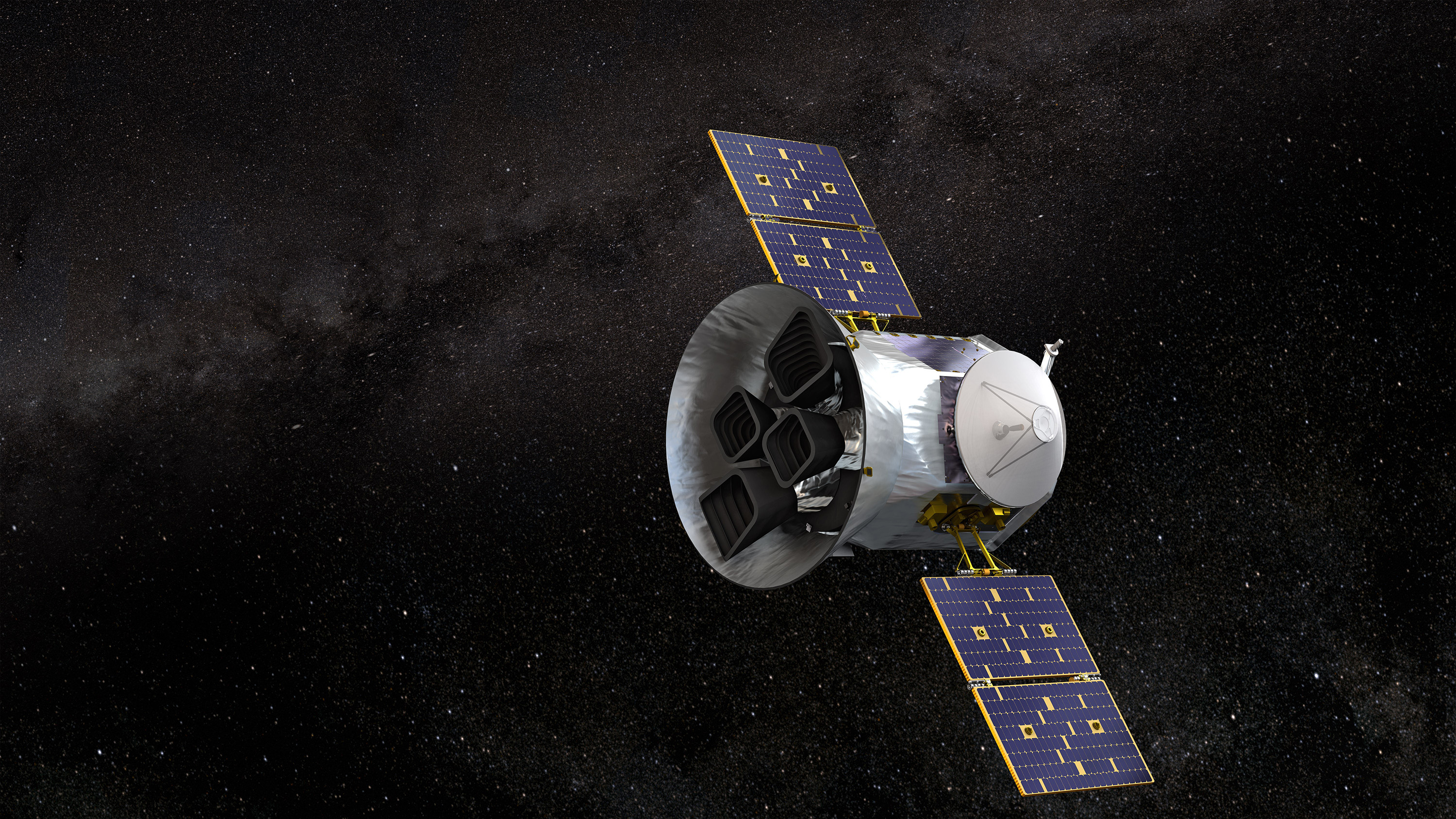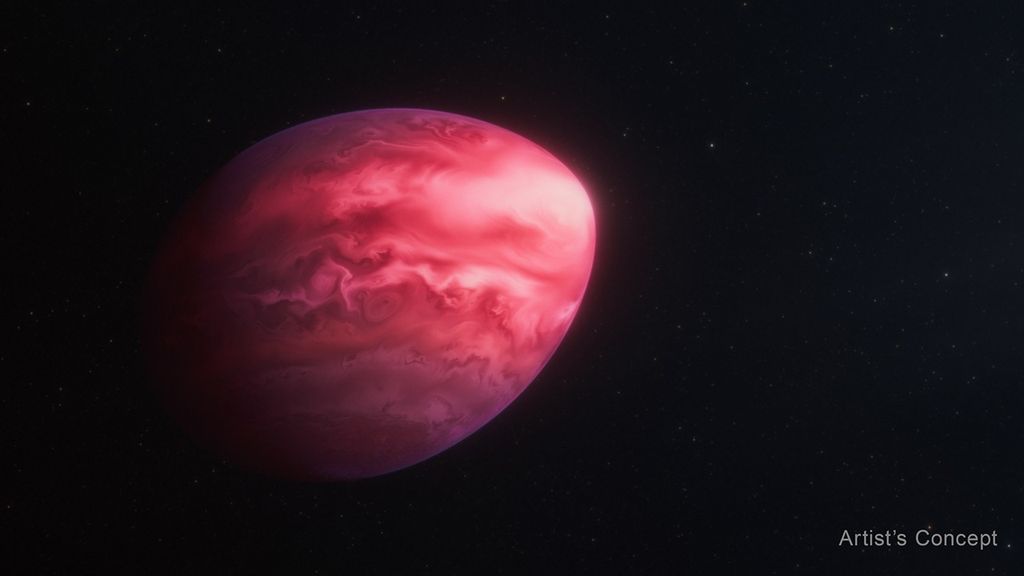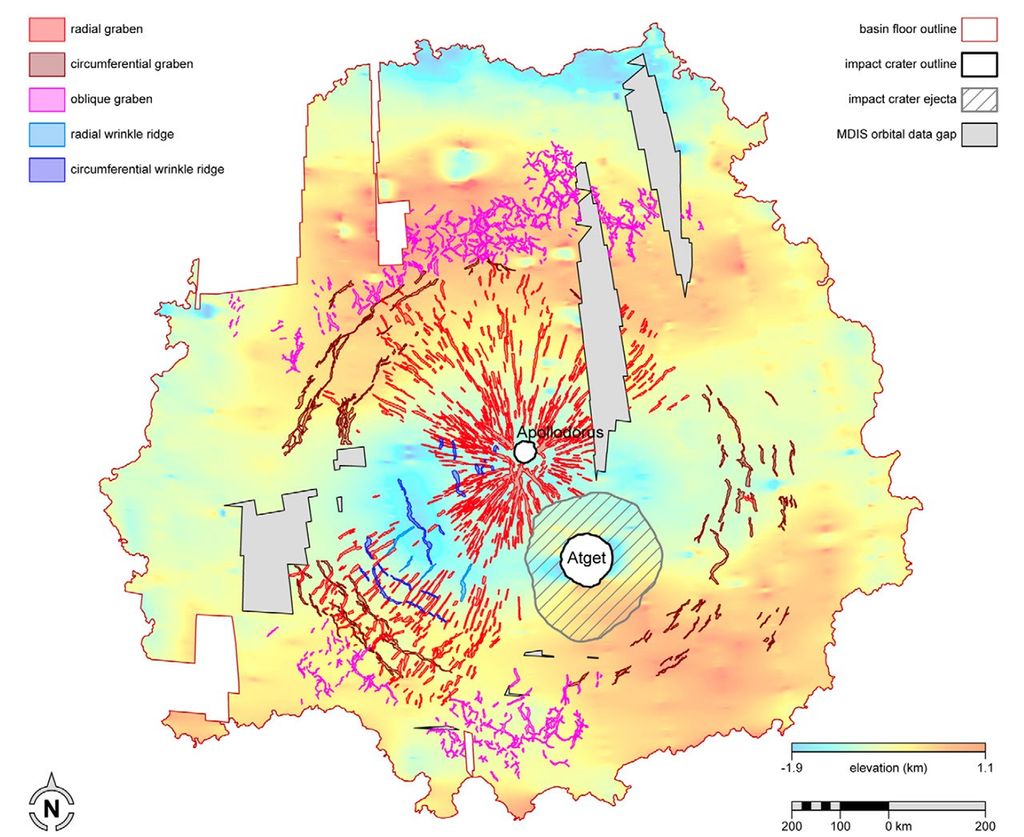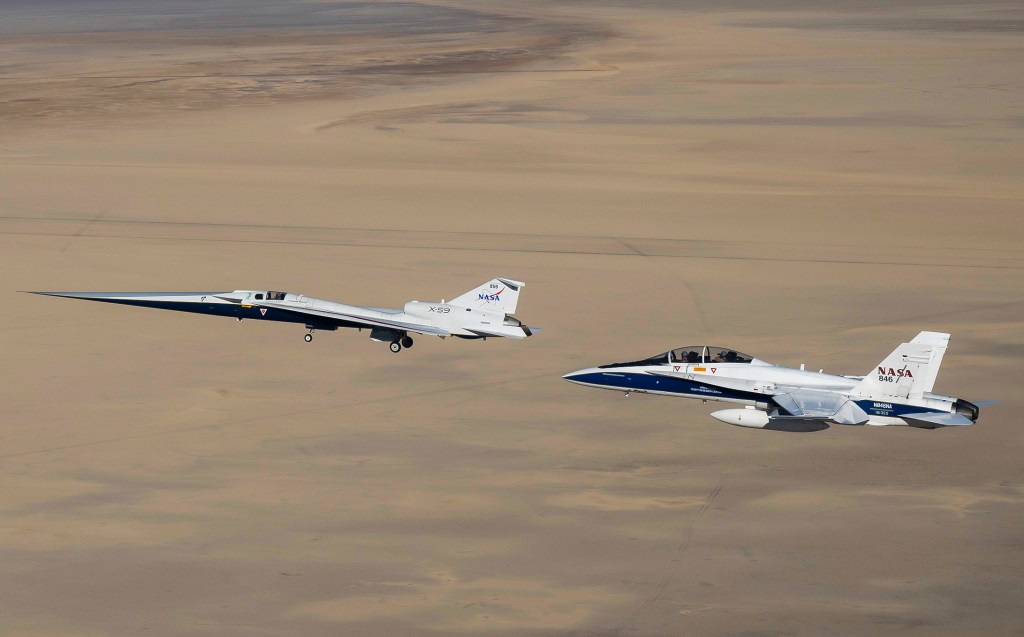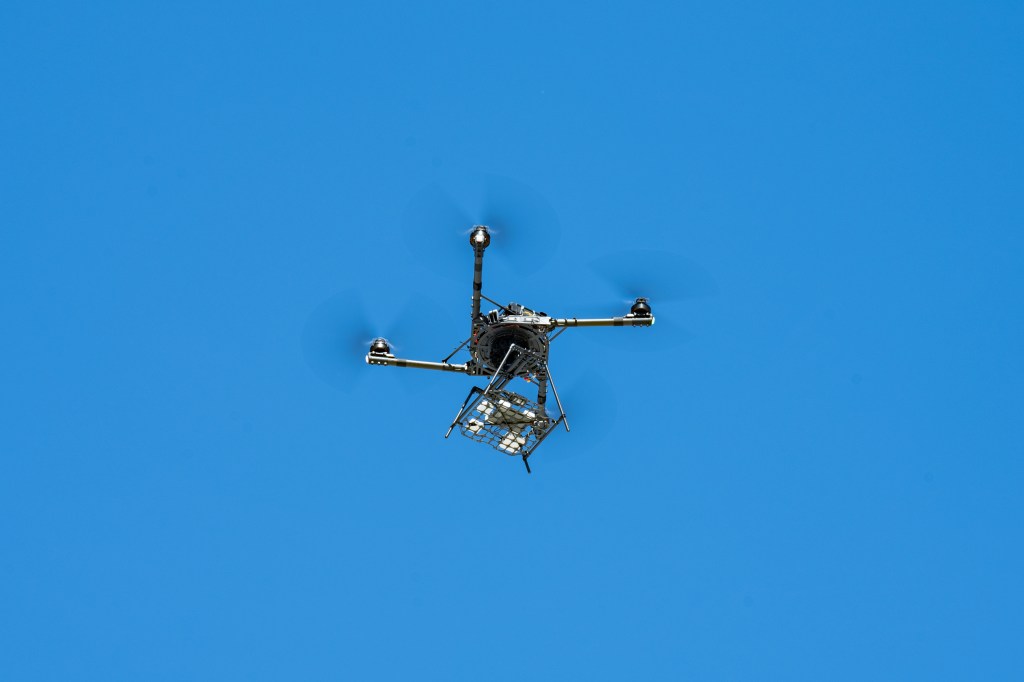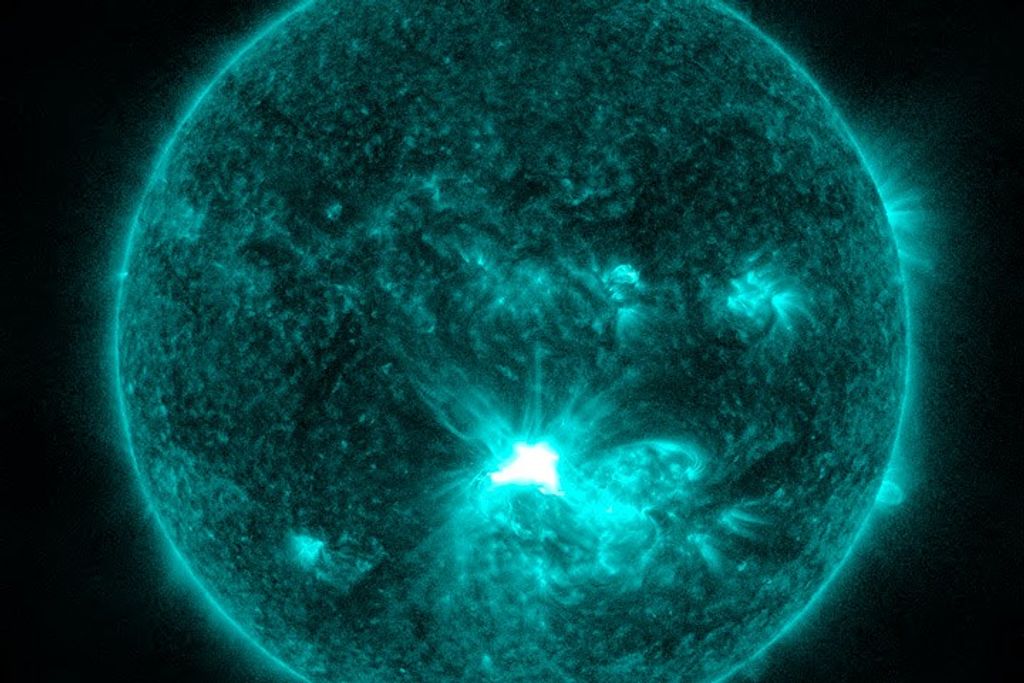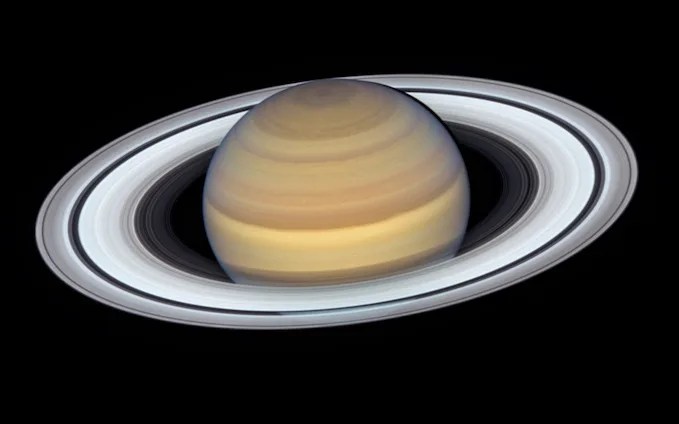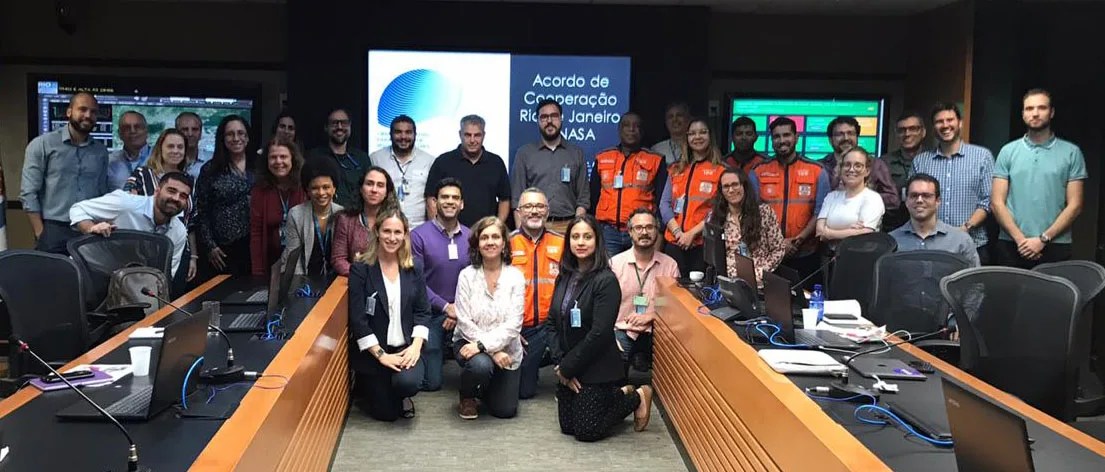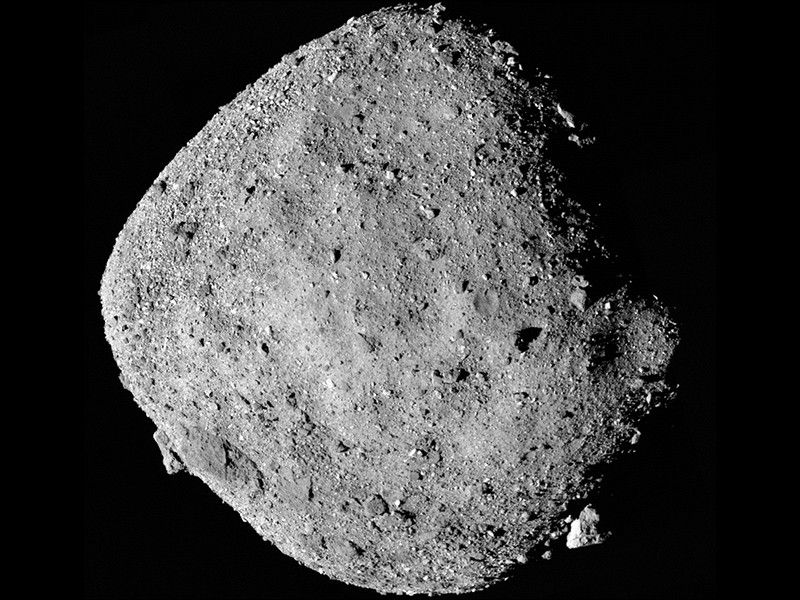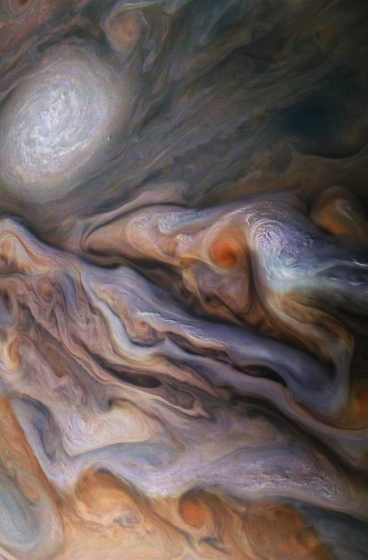NASA has selected five early-career scientists for its 2023 Planetary Science Early Career Award (ECA) based on their demonstrated leadership, involvement in the planetary science community, and potential for future impact.
The ECA program supports exceptional early-career scientists who play a meaningful role in the planetary science community to pursue professional development in areas relevant to NASA’s Planetary Science Division. The goal of each proposal is to identify a need in the community and propose a project to address that need. Each project is facilitated by a grant of up to $200,000 to each of the selected principal investigators.
The selected projects span the full breadth of planetary science research, and the principal investigators are based at U.S. universities and research institutes:
Emily Costello, University of Hawai’i at Manoa: Dr. Costello’s project, “Navigating by Moonlight: The Art of Planetary Science,” will link planetary science and art to the local indigenous culture native to Oahu, Hawai’i.
Christopher Fowler, West Virginia University in Morgantown: Dr. Fowler’s project, “Bringing Planetary Science to West Virginia,” will increase the visibility of and capacity for planetary science research at West Virginia University and engage underserved high school students in West Virginia with planetary science data sets and NASA missions.
Peter James, Baylor University in Waco, Texas: Dr. James’ project suite of research tasks, “Origins of porosity on rocky planetary surfaces,” will address the creation and evolution of porosity in the crusts of rocky planets. This project will also involve the development of a cratering workshop (“Crater Bootcamp”) with undergraduate students at the University of Texas Permian Basin in Odessa and outreach talks through Mayborn Museum in central Texas.
Kelly Miller, Southwest Research Institute in San Antonio: Dr. Miller’s project, “Carbon-Based Connections: From Earth to the Outer Solar System,” will establish carbon-based connections across the solar system and will include outreach efforts with middle schools in San Antonio.
Laura Rodriguez, Lunar and Planetary Institute in Houston: Dr. Rodriguez’s project, “Supporting Planetary Science and Mission Work with the Astrobiology Spectral Database,” will create an Astrobiology Spectral Database to house and facilitate exploration of mass spectrometry and nuclear magnetic resonance spectroscopy data.
Individuals interested in applying for NASA’s ECA program must have a funded ROSES (Research Opportunities in Space and Earth Science) award from the past two ROSES cycles and must be within 10 years of receiving their terminal degree. Proposals for ECA-2024 are due Dec. 5, 2024.
For more information about NASA’s planetary science, visit:
https://science.nasa.gov/planetary-science/
Karen Fox / Charles Blue
Headquarters, Washington
202-358-1257 / 202-802-5345
karen.c.fox@nasa.gov / charles.e.blue@nasa.gov

